This Is Not the First Time the FAA Has Had Dealings With Western Air Express.
The FAA has just issued an emergency order suspending the air carrier certificate for Texas-based charter service Western Air Express. The group operates a single twin-engine Beechcraft Queen Air model BE-70-70 that had previously been certificated for passenger operations. The suspension comes as the result of a lack of maintenance on the aircraft’s engines.
More Details on the Western Air Express Suspension Order
According to the FAA, an earlier inspection revealed that Western Air Express had not complied with both the aircraft engine overhaul requirements and the propeller overhaul requirements. Their inspection revealed that the Queen Air’s left engine had been operating since December 1994 without the required overhauls, while the right engine had been operating since November 2006 without the required overhauls. In addition, the aircraft’s propellers were due for a maintenance overhaul in February 2015, which was not done.
The FAA says that by failing to stay current with the overhaul requirements that Western Air Express is in violation of the FAA’s regulations, and that their operation “poses an unacceptable risk to aviation safety.” The FAA adds that the carrier is being required to immediately surrender their air carrier certificate to the agency. Failure to comply could result in further legal action, including a civil penalty of up to $11,000 for each day the carrier doesn’t return the certificate to the FAA.
The suspension will remain in effect until Western Air Express is able to demonstrate to the FAA that they’ve met all the overhaul and maintenance requirements for the aircraft’s engines and propellers, as specified by the manufacturer’s maintenance program.
Interestingly, this is not the first time that the FAA has had issues with this particular carrier. Back in 2008, the FAA issued a Notice of Proposed Civil Penalty to Western Air Express for “operating an aircraft on 66 revenue flights with an engine that was beyond its overhaul requirements.”
Featured Image: Daniel Betts, CC2



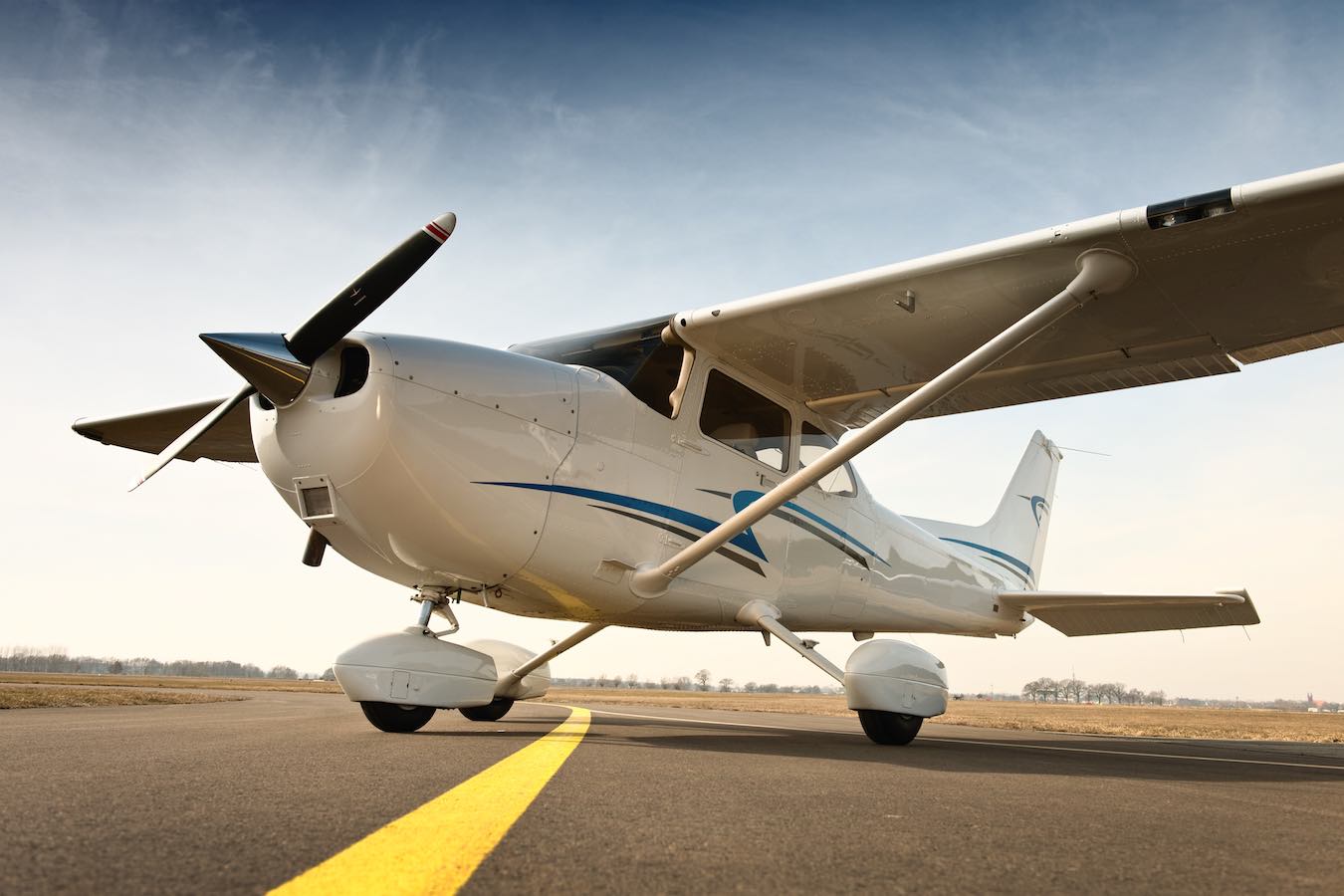

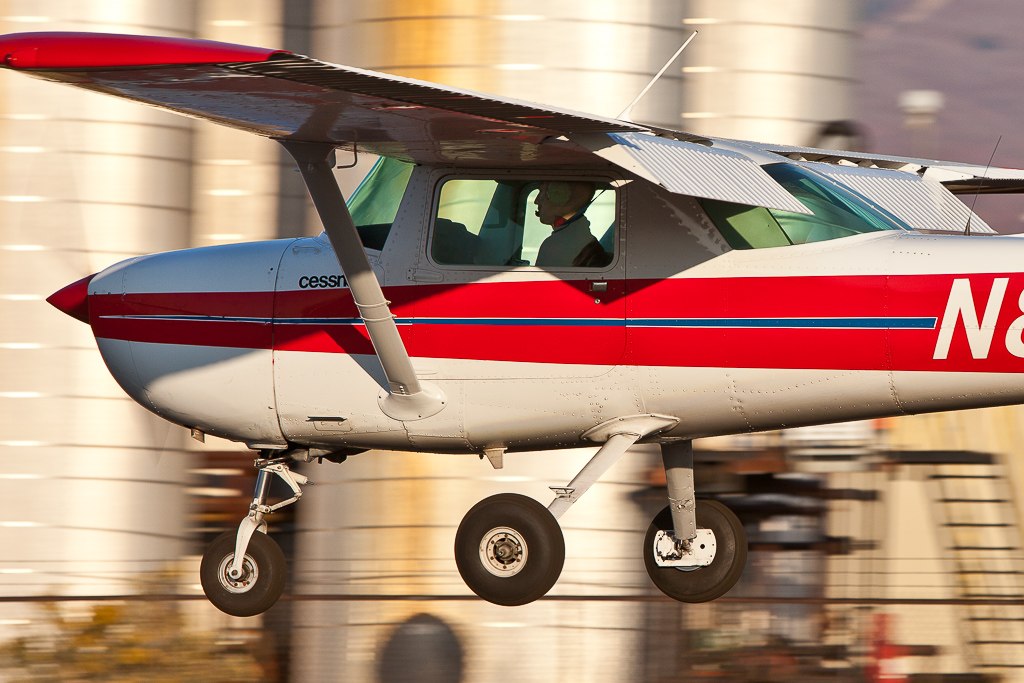
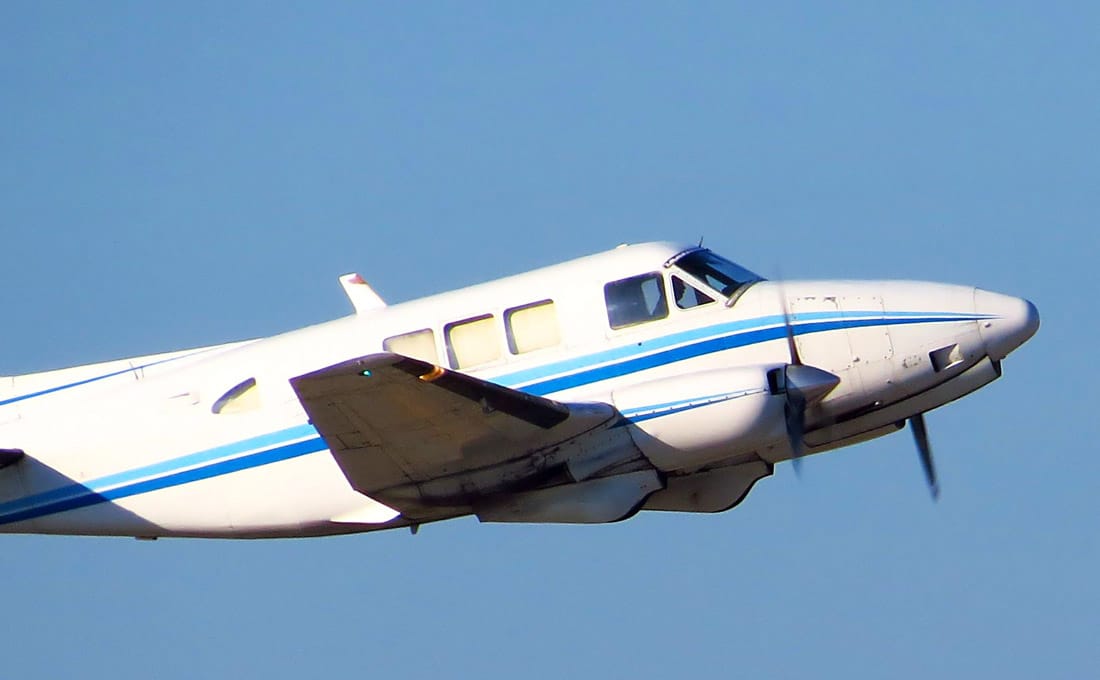

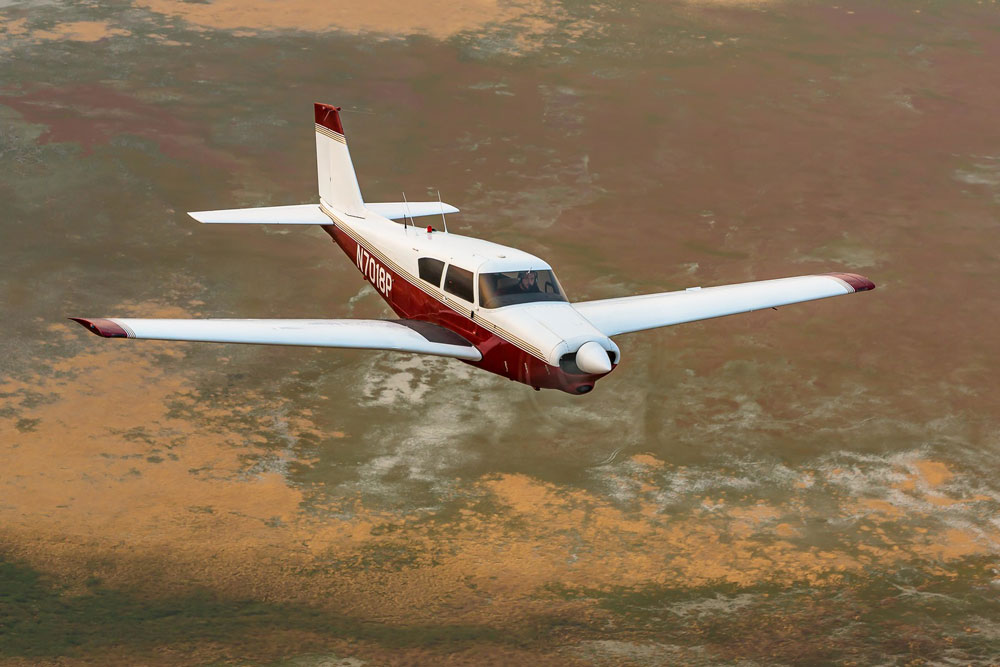
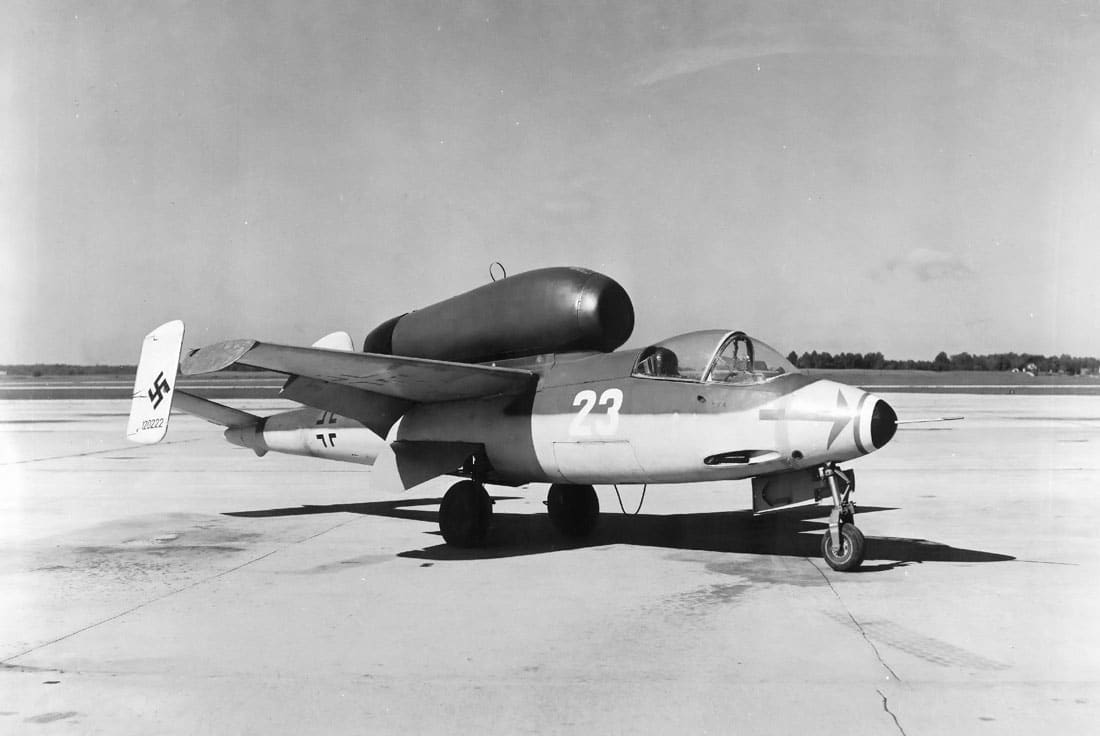
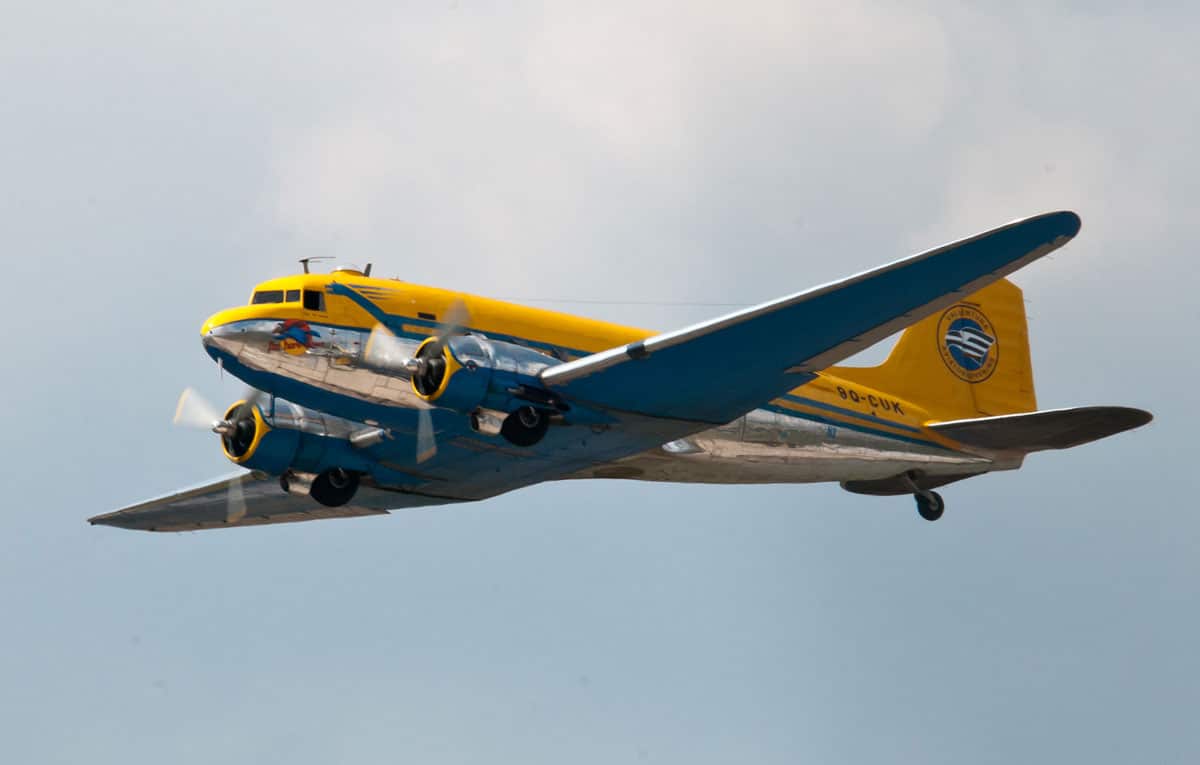

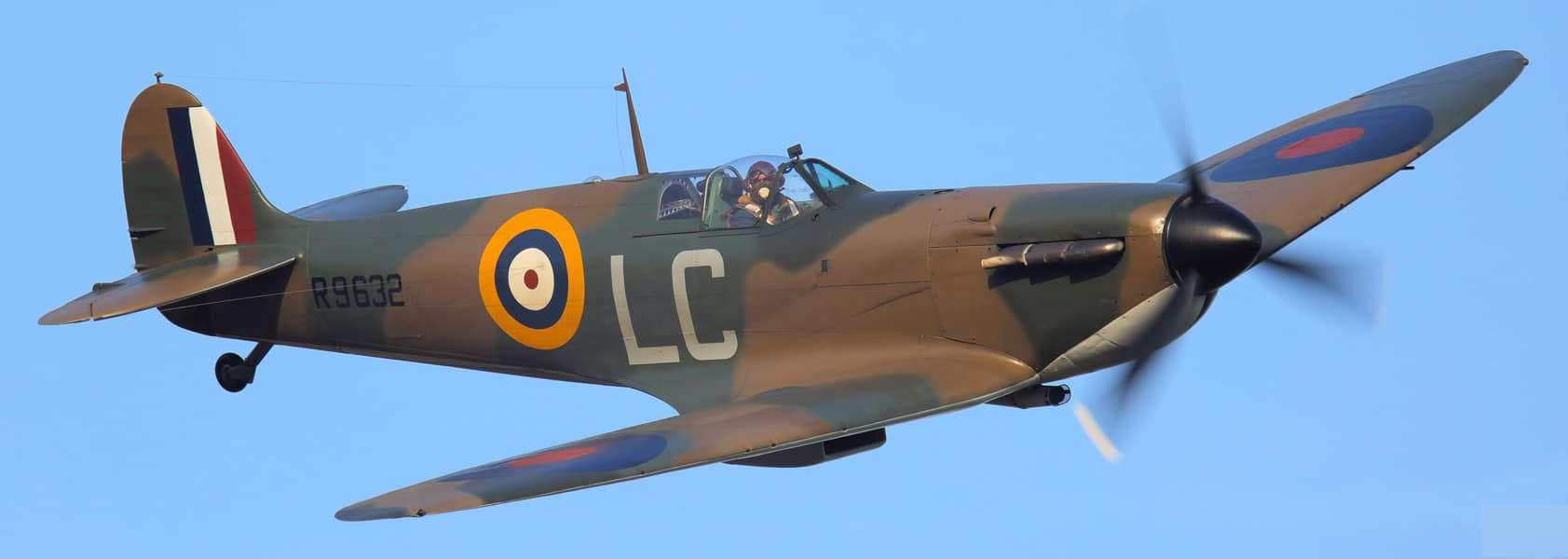
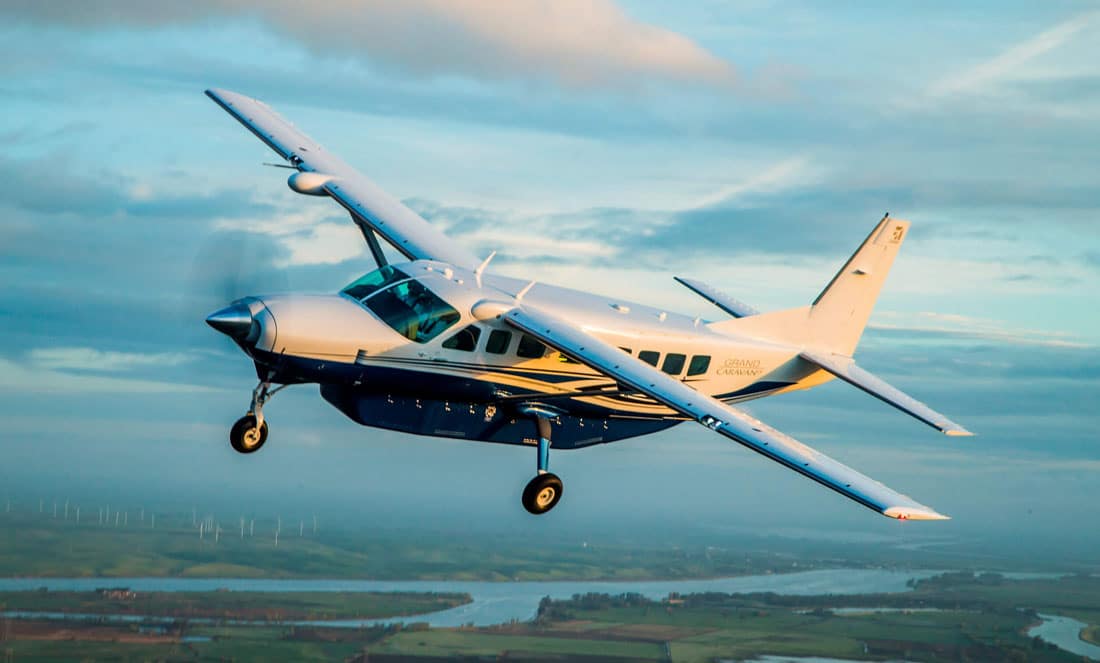

Leave a Reply